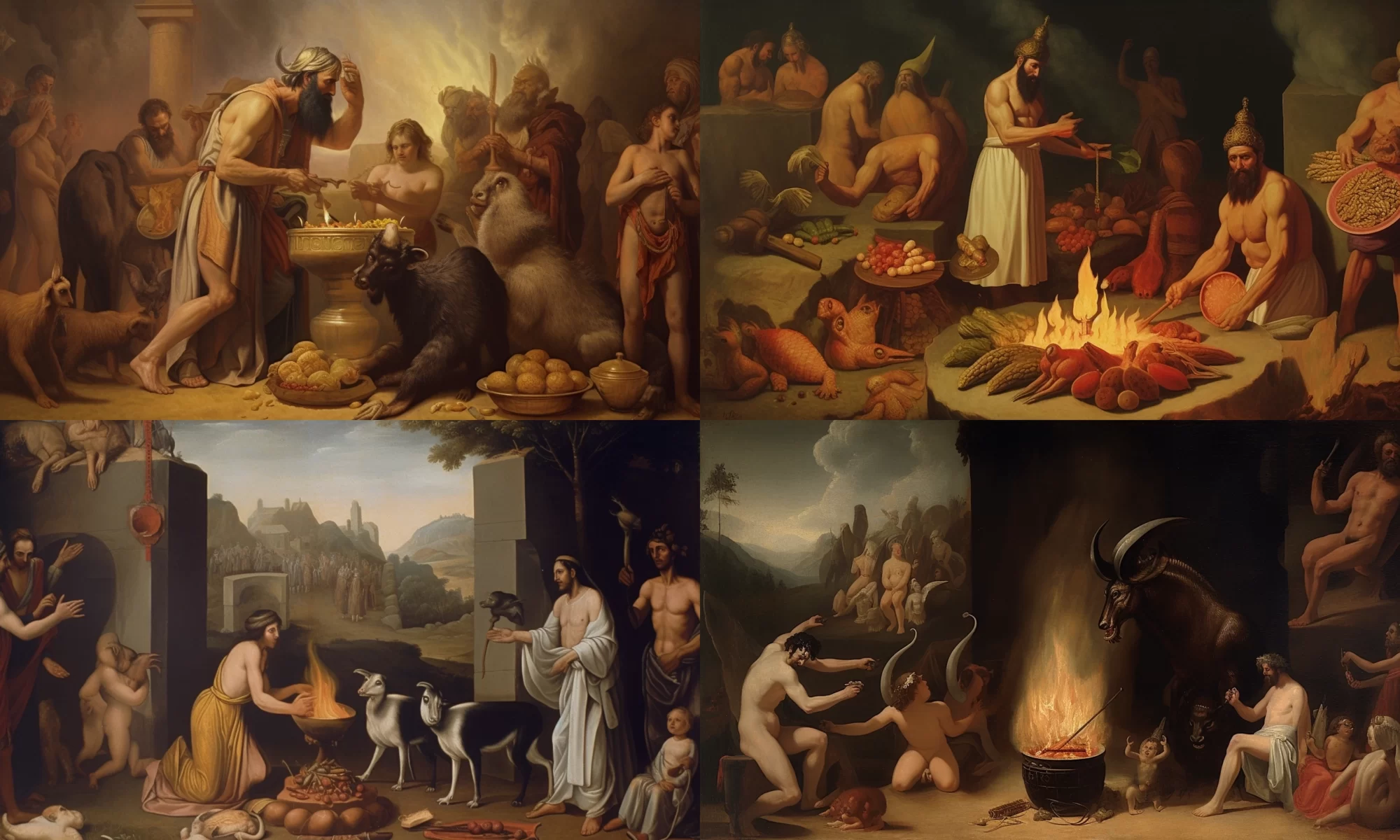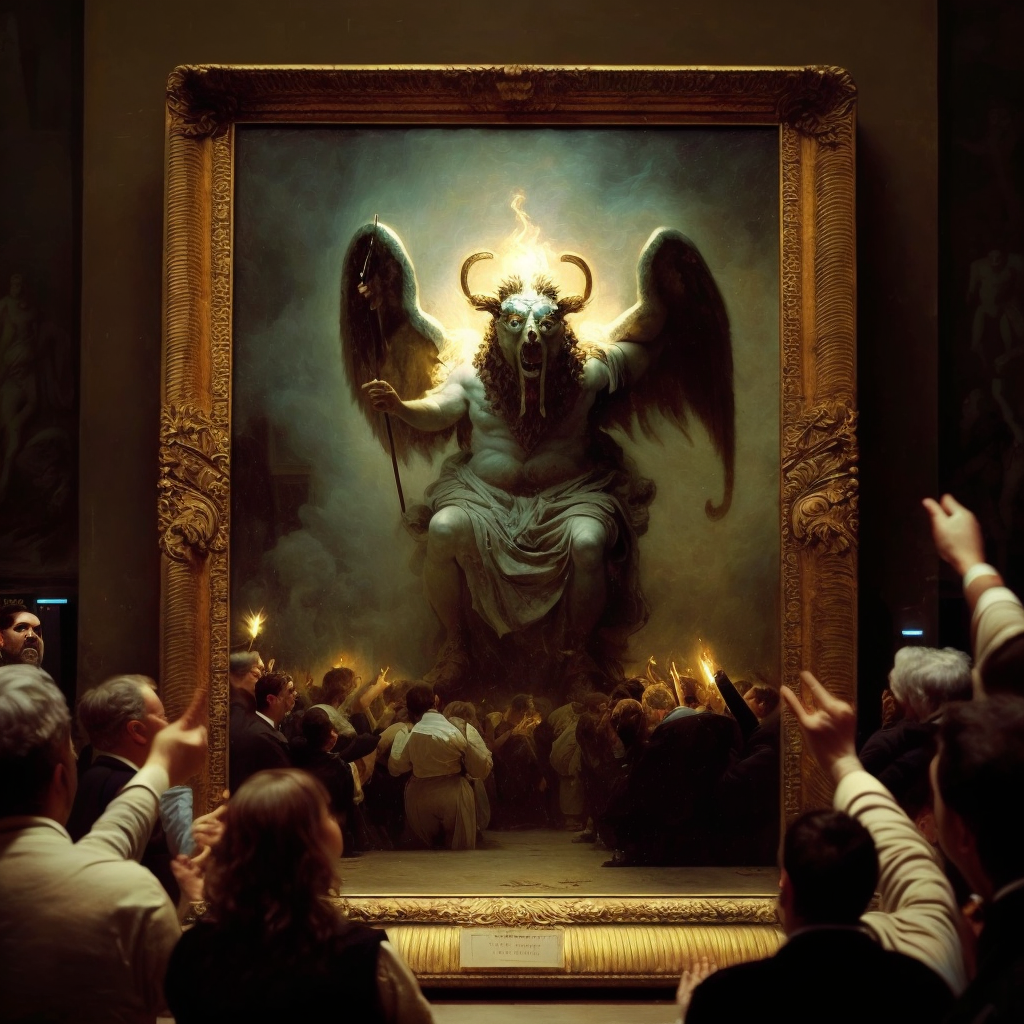I want to share something that I recently discovered about myself and my struggles for the past few years. I am quite sure I have depression. It is not exactly a secret; I share this openly with close friends and family. Sharing helps with management, but what was important for me was inward observation and mindful practice in my daily life.
I’ve always believed that there’s a counterbalance to everything we think and do; every yin (negative) has a yang (positive). This belief was super helpful in my discovery of the concept of a “Shadow Friend.”
I realised that my depression was not just about the outward symptoms but also a hidden dark self within me that I had unknowingly created over the years. This dark self was the opposite of the persona I presented to the world and was kept secret, hidden in the shadows.
It was only through observation and reflection on my thoughts and behaviors that I noticed this “Shadow Friend” and the destructive impact of this hidden dark self on my mental well-being. It was like a parallel version of me, but one that I had ignored for so long.
Every one of us has a “Shadow Friend”; try to observe this. This friend lies behind our thoughts, our judgment on the world, and will remain hidden unless we know he/she is there.

Let’s try an example of a strong, independent CEO of an MNC, Ms. Indie. Ms. Indie is a powerhouse at her workplace and a perfect mother. She takes pride in being independent and self-sufficient. Whenever she has self-doubts, she tells herself, “Come on, you’ve got this. You are strong!” Each time she tells herself this, her mirrored self, the little girl in her who feels anxious and helpless, gets suppressed. Let’s call this girl Anxiety.
When all is well and good, Anxiety is hidden from the world, but what happens in a crisis?
In a crisis, Ms. Indie’s mirrored self, Anxiety, the little girl who feels anxious and helpless, may come out in full force. The usual coping mechanisms and self-assurances that Ms. Indie relies on may not be as effective in the face of a crisis. The pressure and challenges of the situation may trigger the underlying insecurities and fears of Anxiety.
Because Ms. Indie has not acknowledged nor addressed the needs of her mirrored self, she may not be able to handle a crisis. When Anxiety comes out in full force, she can only despair. She can feel like there is nothing left to do, and that’s when depression sets in.
Ms. Indie probably didn’t even know there was a “Shadow Friend” growing inside her. Anxiety had been demanding attention and care, and ignoring her needs may exacerbate the crisis and hinder Ms. Indie’s ability to cope.
So how do we manage this “Shadow Friend”? I managed to find an answer for myself. I would share it here, hoping that it provides some understanding for your own journey.
Step 1 – Mindfulness
I need to start by saying that it took quite a long time for me to practice mindfulness and become comfortable with sitting with my emotions. This journey took years, but it started there.
It is quite impossible to share the entire practice of mindfulness in a few short paragraphs, so I won’t. But I would share one of the concepts I learnt, which was the illusion of self.
We were all brought up to believe that we are one person, with the same beliefs, the same character, one consistent being, but is that necessarily true? Dig a little deeper, and you will notice that this may not be true. How many times have we scolded ourselves? Retroactively saying, “Why was I so stupid to do that?” after making a decision we regret or said something to others like “I couldn’t control myself.”
In observing my thoughts and emotions, especially when I am in a bad state, I found that I may not be the same person. So the practice of mindfulness helped me with observing that my representation of self is truly just an illusion.
Step 2 – Observation
The second thing I had to do was notice my friend. I also call him my roommate because he is always there in the same room that is my mind with me. Picture sharing a room with a sibling. This visualization helped me greatly.
I would start to notice when I began feeling a familiar emotion due to some triggers. It could be anger, it could be sadness. I learned to recognize these feelings as a sign that my “Shadow Friend” needed something.

Step 3 – Compassion
The third step was just to sit with my friend. That was it. No judgment, no scolding like the example I gave above, just being with him. It meant accepting anything that was already done, as done. It meant allowing any feelings to come, to come.
This is a powerful thing that we can do for our friends who might need us for emotional support too, and I mean, real, physical friends this time! Part of my entire healing process was when friends were able to do this for me. One of my best friends called me after I posted something I was going through on Facebook, and he was concerned for me. He didn’t offer solutions, he didn’t tell me I should stop thinking too much, he just asked if he could buy me a meal and hang out. When we did hang out, he was just there, as a friend, as I was processing my emotions.
So for my “Shadow Friend”, I did just that. Sit, and be a friend. In time, he began to reveal who he was.
Practically, what this meant was me noticing that I couldn’t function very well in certain situations anymore, stepping away for a while, and doing something that I liked in a space I felt comfortable and safe in. It meant telling my wife and family what I was going through at the moment, and asking for that space.
It meant realizing that my “Shadow Friend” needed something, and knowing with experience not to ignore it or risk aggravating the problem. If I were to power through and ignore the pain, I could, and I did do that for years. It is like when you are having a high fever and diarrhea and still needing to cover a wedding as their videographer! It is possible, but it just means you are causing damage that takes a bit longer to recover from each time.
So picture me, usually health-conscious, and usually thrifty with my own needs, splurging money on exquisite ice cream and sitting in front of the TV watching a comedy.
Step 4 – Understanding
Everything up to this point was just establishing a trusting, loving relationship with my mirrored self. Step 4 was then slowly understanding him.
I gave an example of an independent Ms. Indie, proud of her strength as a superwoman coming to realize her “Shadow Self” was Anxiety, a little girl who was really anxious all the time. Her confident exterior had a mirrored anxiousness that is equal in strength residing in her “Shadow Self.”
In my own version, it was not easy figuring out what my own “Shadow Self” wanted. You see, the problem is that this part of ourselves is usually the opposite of an attribute we are proud of and forms our identity, or the illusion of one.
What our “Shadow Self” wants is usually very shameful, and something we ignore or suppress in ourselves. It might even be something we hate about ourselves. If you noticed, I am still hesitant to share my own “Shadow Self” now, because I am honestly still too embarrassed to reveal this. It’s like I have a racist uncle in the family I would not tell other people about.
However, I remember the moment I understood my roommate. I had a very profound feeling of joy. It explained so many things. Why do I get triggered by this? Why did I feel so happy when that happened? It was like I found an instruction manual to my brain.
Step 5 – Yang to the Yin
Step 5 was the beginning of healing. Now that I understood my roommate, I created an equally powerful yang to his yin. I provided unconditional love and acknowledgement to his existence. I did not reject him or scold him for being a certain way, because remember, the more we push something away, the harder it comes back?
It meant looking at my shame and saying, “It’s ok. I love you all the same.”
For Ms. Indie (see how I keep using an example, instead of my own?), it meant feeling anxious before a meeting with the board of directors and acknowledging that feeling. It meant telling Anxiety, “I see your fear, it is normal to feel this way, but we will get through this.” It meant knowing when to take a break when overwhelmed with too many decisions in her day, acknowledging that she is only human.
It doesn’t diminish her confidence in any way if her counter acknowledgment of her anxiety is equally strong, instead, a balance of sorts is found.

Conclusion
So that was what I went through. Healing began only when I started acknowledging and addressing the hidden dark self with self-awareness and self-compassion. It wasn’t easy, but it was a crucial step towards improving my mental health.
I want to encourage anyone who’s struggling with depression or any other mental health challenge to dig deeper and uncover if there’s a mirrored self within you. It is not about blaming ourselves, but rather about understanding and managing the hidden dark self with kindness and care.
Remember, sharing with friends and family was a major part of the process too. We can feel lonely while still acknowledging that we are not alone in this journey, and there is hope for healing and growth.
Let’s strive towards a more balanced and authentic version of ourselves.




